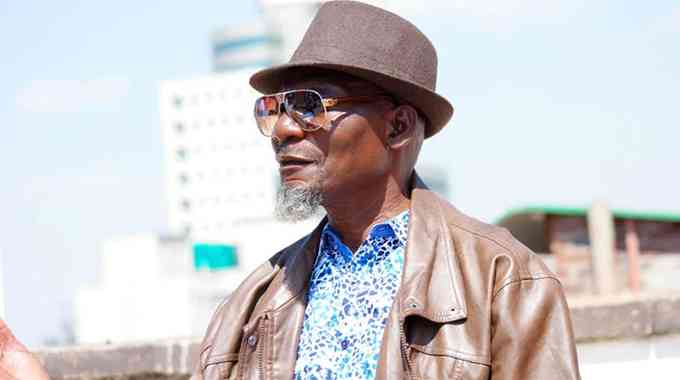
What any guest of honour at a school speech day should ask the audience at the start is if anyone can remember what the previous year’s guest of honour spoke about — in fact, does she should ask if anyone even remembers who the guest of honour was the previous year?
If the answer to either of those questions should come in the negative, we may be inclined to wonder if it is worth the guest of honour saying anything.
It does seem, though, that there has to be a guest of honour at a school speech day and that the guest of honour must say something — it has become expected, though really we might wonder why there has to be such.
Of course the reason we will be given is that we want the Leavers to be given words of wisdom to send them off on their way (which is interesting as every school will have a leavers’ dinner, oh, as well as a leavers’ dance, so would that not be the occasion for the leavers to be given their words of wisdom?).
Frankly, though, in the weeks leading up to the speech day, are pupils and parents alike thinking “I can’t wait to hear the guest of honour’s speech”? Will their attendance at the Speech Day be based on who the guest of honour is?
It is always interesting to see who has been chosen as the guest of honour at a school speech day.
Most will be chosen because they are extremely successful in their chosen field or have done an amazing heroic physical activity, worked for a celebrated company, achieved sporting success, overcome difficult odds.
What is more, it is so much better if we can drum up a former pupil who fits one of those categories, so that we can show the pupils, the parents, the world even, that this school produces highly successful people (with the implication that all our pupils will do so as well).
- Durban floods: South Africa floods kill more than 250 – officials
- In the groove: Get your kids to learn music
- In the groove: Get your kids to learn music
- More means less for Zimbos battling hyper-inflation
Keep Reading
Of course, the implication further is that the guest’s achievements are entirely attributed to the school that he attended. No, but here we go — another former pupil (AFP)!
Part of the problem often is that while the guest of honour may be highly successful in their chosen field, he may not be a gifted speaker (or smart dresser) and so any effect is lost completely, while no indication is given as to the means by which his success has been attained.
Are we saying that we can only learn from people who attended our own school?
But here is the question: why do we only have successful people speaking as the guest of honour?
And are we not putting certain things on a pedestal which may actually go against the school's stated values?
Can we not find someone who can speak easily, powerfully, clearly to children (it is, after all, their event, is it not)?
Why do we not invite, say, someone who left this country straight after leaving school, going to a land halfway across the world, to an entirely different climate, never having boarded at school, knowing no-one? Is that not a story worth supporting and sharing?
Why do we not invite someone, say, who went to a theological college, not an Ivy League university, someone who cannot afford to return to visit dearly loved and loving parents?
And instead of someone who is considered by the world to be a “success”, why not someone who really is a “success” — someone who climbs the ladder and becomes a leader, even in a small team, raising them higher without necessarily gaining awards that are deserved; someone who does it with a smile; someone who raises children at the same time, and raises them to be respectful, talented, disciplined; someone who also goes to support those children playing their sport; someone who in free time forges her another business yet also volunteers for service in the community and playing music in church, supporting, promoting and fund-raising for youth camps and birthday parties; someone who still sends money home to parents: someone who, in the face of all that, retains great humility, dignity and integrity.
Is that not someone worth listening to? Another former pupil? No, in the words of someone else, “Absoloodle frickening perfick!”
Of course, such a person would no doubt claim to have nothing to say though in truth has everything to say about what we should be valuing.
Such a person would no doubt claim to have done nothing significant but in truth has done much more acts of significance for the majority of children.
In short, perhaps we just need to ensure that the talk is short, sweet and memorable — like the person who should deliver it. AFP or AFP?











